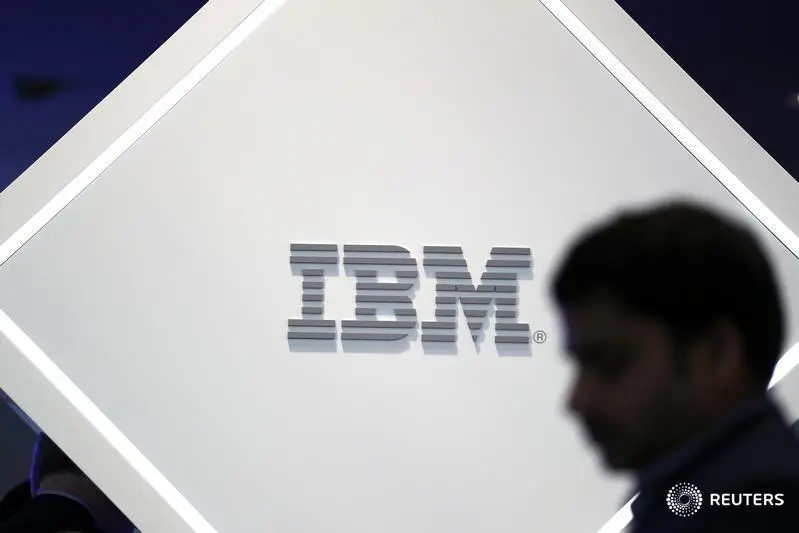PHOTO
(The author is a Reuters Breakingviews columnist. The opinions expressed are her own.)
WASHINGTON - The Federal Reserve’s jobs push is getting a helpful nudge from IBM. Big Blue is rethinking its U.S. employee needs. More than half of its openings no longer require a bachelor’s degree, for example. It's one way to meet the challenge of the post-coronavirus economy, in which employers can't fill vacancies even as central bank boss Jerome Powell frets over lost jobs.
The pandemic has exacerbated inequalities that had begun to ease before the virus hit. The overall unemployment rate was 6.3% in January, compared to 3.5% a year ago. But for a person whose best qualification is a high school diploma, it was 7.1%, 3.4 percentage points higher than a year ago. The January jobless rate for people with at least a bachelor’s degree was just 4%. Noting these gaps, Powell on Wednesday called for a society-wide effort to reach full employment.
Meanwhile, some employers are hiring amid vaccinations and improved management of Covid-19. U.S. monthly job openings rose by 74,000 positions to nearly 6.7 million, the Labor Department said this week. But the National Federation of Independent Business found that one-third of small businesses could not fill vacancies, almost 30% of which were for skilled workers.
IBM is shedding its staid image to pitch innovative ideas to bridge that mismatch. Last month in a letter to nominees to lead the Labor and Education Departments, Obed Louissaint, a senior IBM executive, asked the government to expand eligibility for $130 billion in annual student aid.
About 65% of Americans who are at least 25 years old don’t have a college degree, shutting them out of such assistance. That’s why IBM wants student loans and so-called Pell grants available for part-time students, mid-career professionals, apprenticeships and certificate programs.
Another point of friction IBM points out is the difficulty of transferring academic credit to another institution. That particularly hurts students at community colleges who often intend to move to another school to earn a bachelor’s degree. Making that easier would help low-income students the most.
Flooding the economy with cash, the main option open to the Fed and the one Congress has largely so far also taken, is one way to counteract the pandemic. IBM's more nuanced suggestions could help make the economy more resilient next time.
CONTEXT NEWS
- Federal Reserve Chair Jerome Powell on Feb. 10 called for a nationwide effort to reach full employment, and pledged continued loose monetary policy to help achieve it.
- U.S. monthly job openings rose by 74,000 positions to nearly 6.7 million, the Labor Department said on Feb. 9.
- Separately, the National Federation of Independent Business on Feb. 9 reported that one-third of small businesses said in January that they could not fill vacancies, and almost 30% of those jobs were for skilled workers.
- IBM wants the U.S. government to rethink the $130 billion in annual aid given to students pursuing a bachelor’s or other higher-education degrees. In a Jan. 28 letter to Education Secretary nominee Miguel Cardona and Labor Secretary nominee Marty Walsh, IBM Senior Vice President Obed Louissaint suggested that eligibility for federal student loans and Pell grants be expanded to part-time students and mid-career professionals, in addition to use for apprenticeships, certificate programs and other employee training opportunities.
- He noted that IBM has eliminated bachelor’s degree requirements for more than half of its U.S. job openings while 67% of the U.S. adult working-age population does not have such credentials.
(The author is a Reuters Breakingviews columnist. The opinions expressed are her own.)
(Editing by Richard Beales and Amanda Gomez) ((gina.chon@thomsonreuters.com; Reuters Messaging: gina.chon.thomsonreuters.com@reuters.net))





















